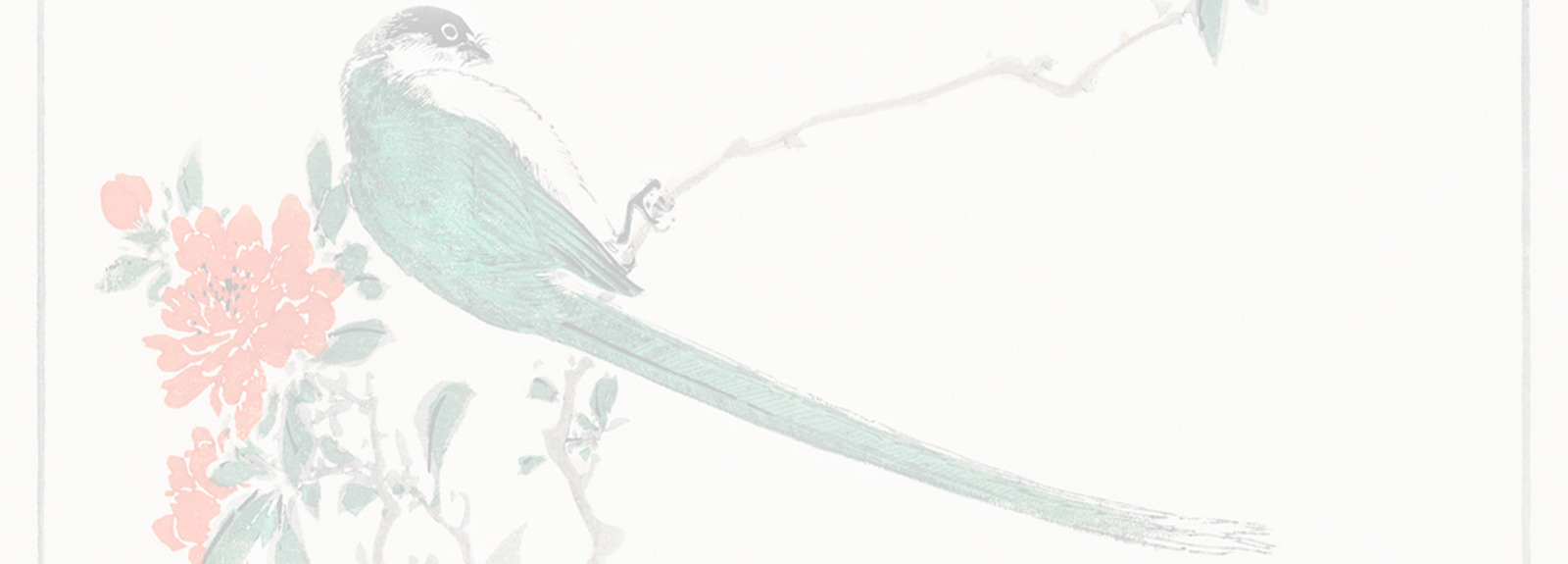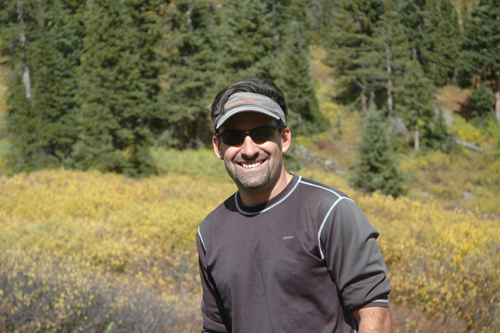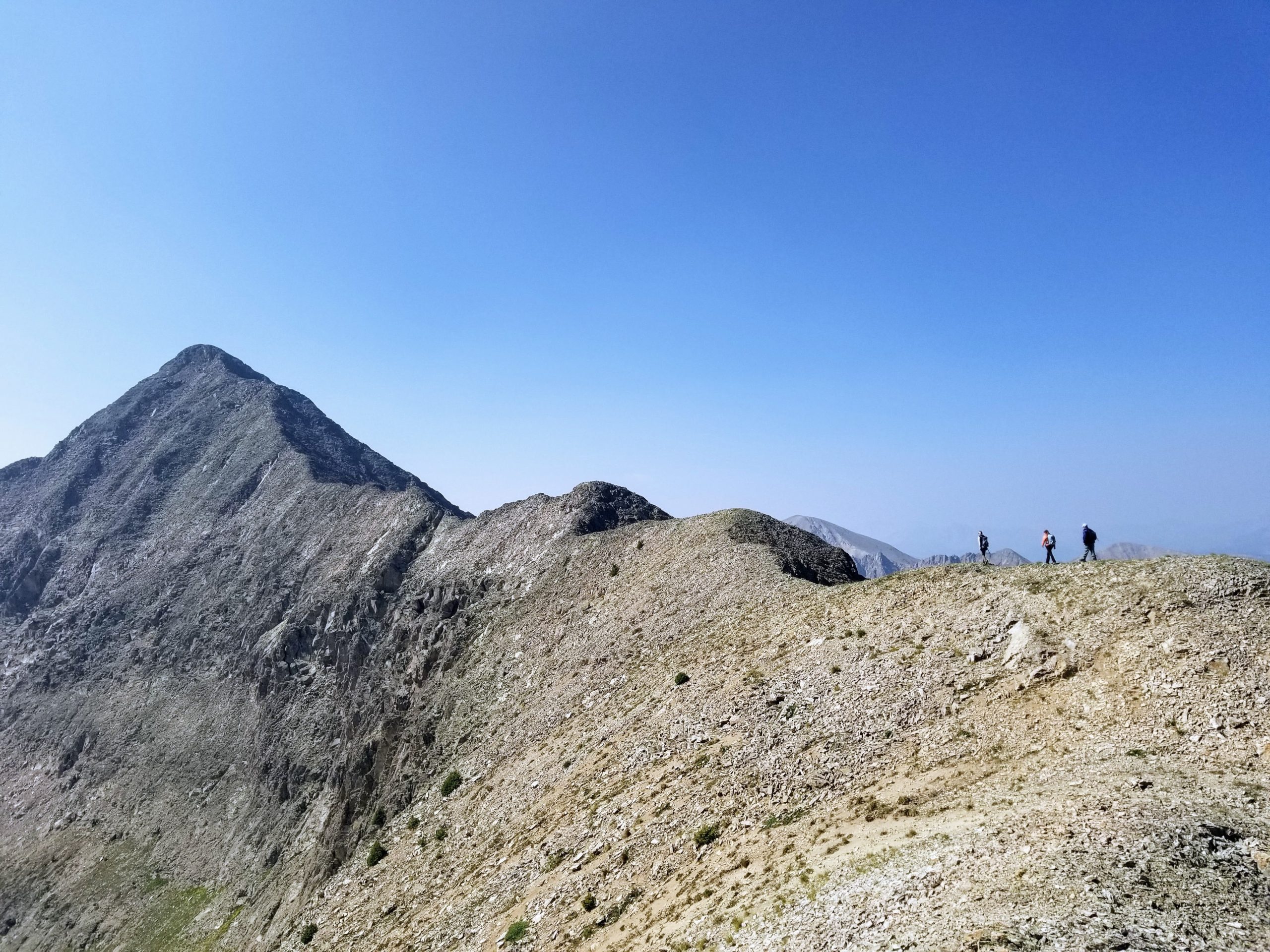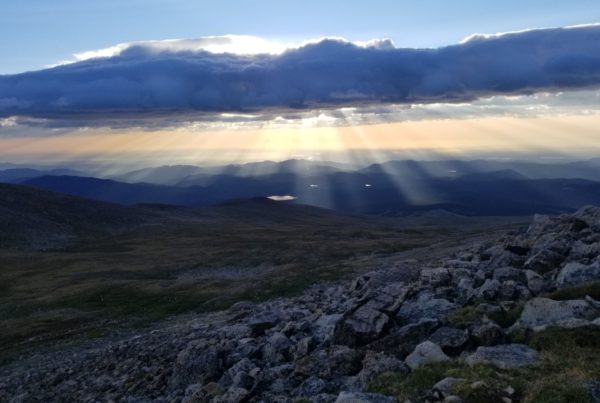Last Updated on June 23, 2022 by James Dziezynski
I had one bad semester at college. I turned it around just in the nick of time to preserve the GPA required to keep my academic scholarship—and my time in academia.
It began and ended with birds.
Up until the second semester of my sophomore year, my GPA was solid. I enjoyed the few courses I had in my chosen fields of study, literature, and philosophy. However, I was getting weary of the mandatory two-year period of classes outside of my majors. At best, they felt like repetitious incarnations of the same general knowledge courses from high school. At worst, they felt like a mean-spirited cash-grab that artificially inflated college to a four-year experience.
My breaking point came in a class in Ornithology—the study and science of birds. This was a class I should have loved. Biology was always interesting to me and I had a keen interest in birds in particular. Birds can fly. That has and always will be amazing.
Ornithology was one of only two honors-level courses available that semester. I had already taken the other, a surprisingly tiresome class on medieval art history. Being forced into the birdcage didn’t seem so bad at first, but I had immediate apprehension when I saw the whopping $200 price tag on the textbook used for the class (my sympathy to science majors who didn’t even flinch at that cost). It only got worse from there.
I lasted all of three classes before I dropped out, which had the unfortunate side-effect of permanently pulling me out of the honors track schedule—sort of a moot point, as this was the last semester I had required non-major honors courses. I had never quit a class before.
But It wasn’t the birds’ fault. It was the professor.
I’m sure this professor was an accomplished ornithologist, a fountain of knowledge about the intricacies of avian biology at the highest level. What he wasn’t was a good teacher. From the first class, his dry, dispassionate style reduced something that should have been fascinating into dreadfully dull rhetoric. When describing the nearly miraculous evolution of bird skeletons, his apathetic language turned birds into tax codes. When evaluating the stunning breadth of bird adaptations around the world, he might as well have been reading the fine-print warranty of a toaster.
After that third class, something in me broke.
And it broke in such a way that made me question the entire spectrum of academics. How could something so beautiful, so essential as birds depreciate so drastically in the hands of a so-called expert? I took the rawness of the offense personally and, as young people do, amplified it with overthinking.
The truth was that I was seeking the poetry of birds, not the biology. But my thinking was not yet sophisticated enough to know the difference, nor experienced enough to know the value of both.
Collateral damage to my other courses of study was inevitable. I replaced the ornithology course with some run-of-the-mill required biology class, one of those huge study halls where the teacher never knows your name, and as long as you hand in something, you pass. But it was in the other classes, the ones I actually cared about, where the lack of inertia took hold.
It wasn’t that I didn’t care about learning. I actually kept that giant, overpriced ornithology book and read it at my own leisure for the remaining two-and-a-half years I had in college. It was wonderful. The oddest expression of this frustration was in my favorite class that semester, a literature course on the writer D.H. Lawrence.
Some passive-aggressive circuit in my brain decided I would attend the classes, read the books, participate in the discussions, but staunchly refused to write any papers. I was angry at… something… and opted to manifest that frustration in a very unfitting way. I began to enjoy simply listening and learning, free of the burden of schoolwork. As the semester progressed, I was engaged and delighted by Lawrence’s style and wild themes—to this day he remains my favorite Modernist author. My teacher, Prof. Don Anderson, was passionate and emotive as he revealed to us the genius humming under the surface of Lawrence’s stories and poems. I learned more about writing well in that class than any other up to that point, and yet… I nearly failed it.
***
In life, there are rarely single-moment events that pivot us in a positive direction. We have plenty that pivots us the other way: death, illness, injury, money problems, and a whole host of troubles are guaranteed. But the moments where we grow, become better, those are more often the aggregate of long-term work or sustained devotion to an outcome.
That semester, I was lucky enough to have one of those compact, positive pivots.
I don’t know how Prof. Anderson was able to interpret my apparent apathy toward his class as the authentic distress that it was, but I will be forever grateful that he saw it and, more importantly, that he had the perfect antidote waiting in one of Lawrence’s poems.
One day after class, an afternoon session where winter’s grey light cast a sorrowful mood, he asked to talk to me. I don’t remember the exact conversation. Dr. Anderson was gentle as he pointed out that I was clearly understanding the subject matter and that he saw a palpable enthusiasm in my interpretations. But he also mentioned because I hadn’t turned in a single paper, I was likely to fail the class. We discussed dropping out, and maybe trying again down the road.
The problem, as best I could explain it, had nothing to do with the teaching, Lawrence, or even subdued winter light. A bird had broken my spirit. I didn’t know how to fix that.
I babbled some half-hearted cover story that even I didn’t believe. The great thing about literature professors, the good ones, is that they read between the lines. After what likely seemed like an eternity of my excuses, Prof. Anderson shook his head knowingly. He slowly took the book of poems we were reading, scanned through the pages, and folded the corner of a page mid-book.
He asked me to read the poem he had marked. Not as a student, not as someone whose academic life hung in the balance, not as an angry young man who was far too sorry for himself, but as someone whose heart was open to what D.H. Lawrence, the artist, was feeling at the time of writing. Read it as a kindred spirit.
Next class we would set aside a little time to talk about it. I worried that this was some kind of test. Prof. Anderson assured me it wasn’t.
That night, I found a quiet spot in the library and opened up to the folded page. My first reaction was delight: this was the shortest poem in the whole book! Not a lot of work here, just a simple poem. Here it is, in its entirety:
Self-Pity
By D.H. Lawrence
I never saw a wild thing
sorry for itself.
A small bird will drop frozen dead from a bough
without ever having felt sorry for itself.
I was stunned.
It felt like an insult, at first. I read it again, slowly, then again, and again. These words jabbed at my most vulnerable insecurities. Was this some kind of intellectual slap to the face? I felt small and annoyed. But then, in Yoda-like fashion, Dr. Anderson’s words came back to me: read it as a kindred spirit.
D.H. Lawrence was sickly from birth and died young at the age of 44 from tuberculosis (interestingly, the same age I will be in roughly a month). He struggled with health his entire life. But he was notorious for being an industrious, prolific writer in spite of this. His personal life was one of indulgences and reflections, a quest to unveil the honest parts of the human connection. Why would he write this?
These “small birds”—their lives are short, perilous adventures, and yet they sing, they fly, and they do not find sorrow in small defeats. I saw in this poem a call to toughness, yes, but also a confession from Lawrence. This was not a poem to be deeply analyzed, but to be deeply felt. If the smallest birds have a primal inoculation to self-pity, then perhaps the small defeats in our human lives need not be felt so personally. And perhaps we could all use a reminder to be a little more wild.
***
There wasn’t much of a discussion of the poem in that next class, but I told Dr. Anderson I really enjoyed it. In reality, I had embraced a new mindset that wasn’t so easily broken. I got back to writing papers and getting the work done. It was a turning point courtesy of an astute mentor that lightened a burden that was a bit too close to self-destruction. I squeaked by with “good enough” grades that semester and learned a good deal about myself and the way of the world.
From that point on, I had the two most enjoyable years of my collegiate career. Nearly all my classes were in philosophy or literature, though I mixed in interesting detours in film and art, and a few fun electives like scuba diving and boxing. I went on to take Dr. Anderson at least three more times and did well in every class.
20 years later, I still summon the spirit of this poem in moments of self-doubt and worry. I think about birds. I envy the way they move through the world in those short lives. I think about the evolution of carbon-fiber-light wings, those rich, ancient songs, and their sudden ends. I think about their toughness and the complexity of feathers.
And I try to notice them. Because sometimes I don’t.
I recall a small white ptarmigan who I nearly stepped on retreating from a bone-chilling winter blizzard high in the Colorado mountains many years ago. What an inconvenience I was to this confident little fellow, who rambled out from frozen willows and tucked into the low branches of another.





